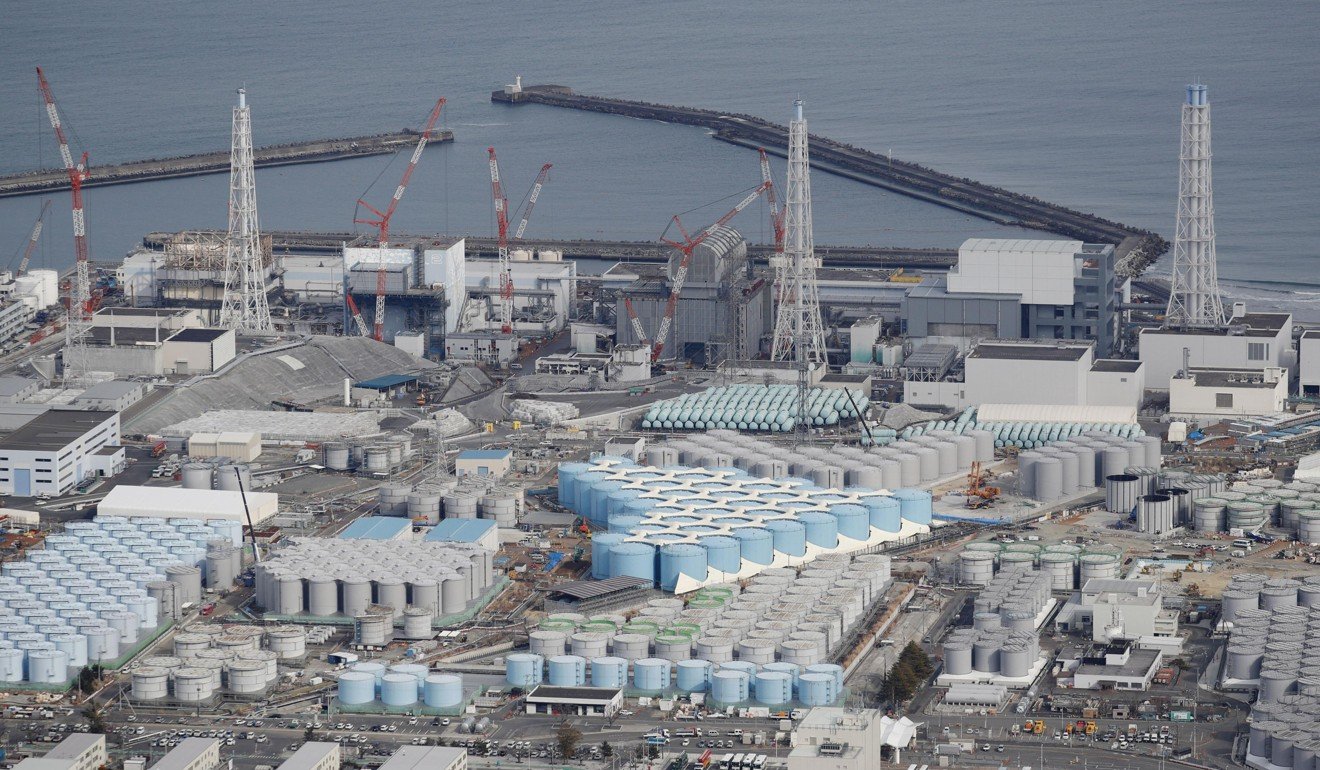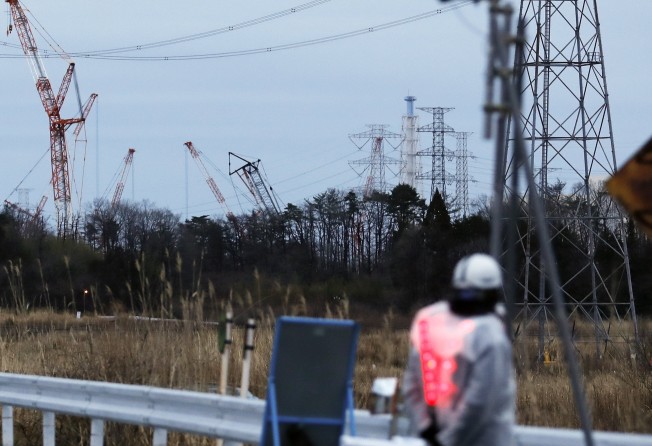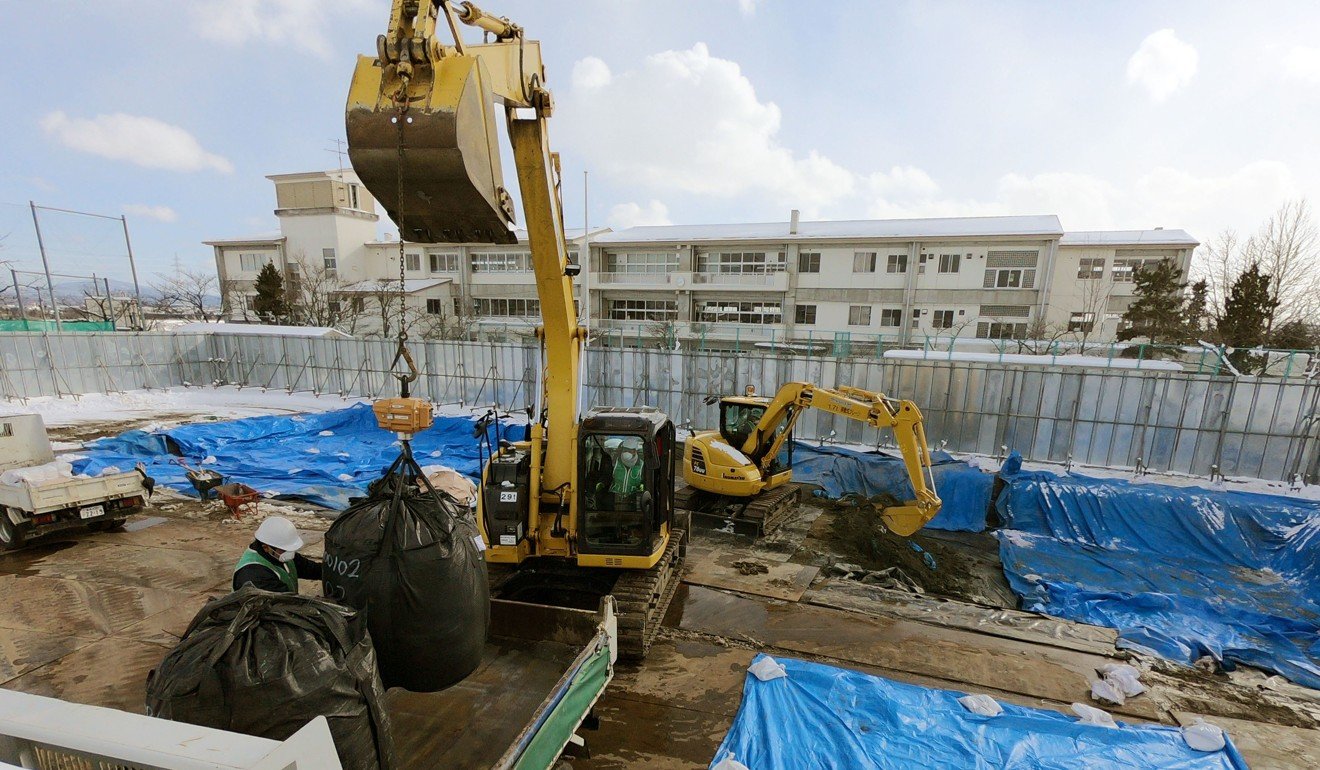
Vietnamese trainee paid US$19 a day to do decontamination work near crippled Fukushima nuclear plant in Japan
Japan introduced the training programme for foreign workers in 1993 with the aim of transferring skills to developing countries. But the scheme has drawn criticism for giving Japanese companies a cover to import cheap labour

A Vietnamese man who came to Japan under a foreign trainee programme was made to engage in radioactive decontamination work in Fukushima Prefecture without his knowledge, a foreign workers support group heard.
At an event organised by the Solidarity Network with Migrants Japan, the 24-year-old man, who declined to be named, said he would have “never come to Japan” if he had known he would be doing that work near where a nuclear disaster occurred in 2011.
The Vietnamese said a construction company in Morioka, Iwate Prefecture, hired him as a trainee, but did not tell him the work involved removing decontaminated material from around where the worst nuclear disaster since Chernobyl occurred at the Fukushima Daiichi nuclear power plant in the days after a massive earthquake and tsunami struck northeastern Japan in March 2011.
Japan introduced the training programme for foreign workers in 1993 with the aim of transferring skills to developing countries. But the scheme, applicable to agriculture and manufacturing among other sectors, has drawn criticism at home and abroad for giving Japanese companies a cover to import cheap labour.

According to the network, the Vietnamese man arrived in Japan in September 2015, and his contract only stated he would be engaging in work involving “construction machinery, dismantling, and civil engineering.”
Without any explanation about decontamination, he was told to remove the surface soil from roads and nearby residences in Koriyama, Fukushima Prefecture, between October 2015 and March 2016.
He also took part in dismantling buildings in the town of Kawamata in the prefecture between September and December in 2016 before an evacuation order for the area was lifted.

The man became suspicious about the work after seeing someone measuring radiation levels at the work sites, and he discovered the nature of the work after contacting the Zentoitsu Workers Union, an organisation helping foreign workers in Japan.
He also received only 2,000 yen (US$19) a day for decontamination work, less than a third of the 6,600 yen set as the standard by the Environment Ministry, in addition to his monthly salary of about 150,000 yen as a foreign trainee.
According to the union, this is the first known case of a foreign trainee’s involvement in decontamination work.
The Justice Ministry’s immigration bureau and the Ministry of Health, Labour and Welfare released statements on Wednesday, saying decontamination work does not fit the purpose of the trainee programme.
“If the content of training is significantly different from the plan, it can be illegal,” the immigration bureau said.